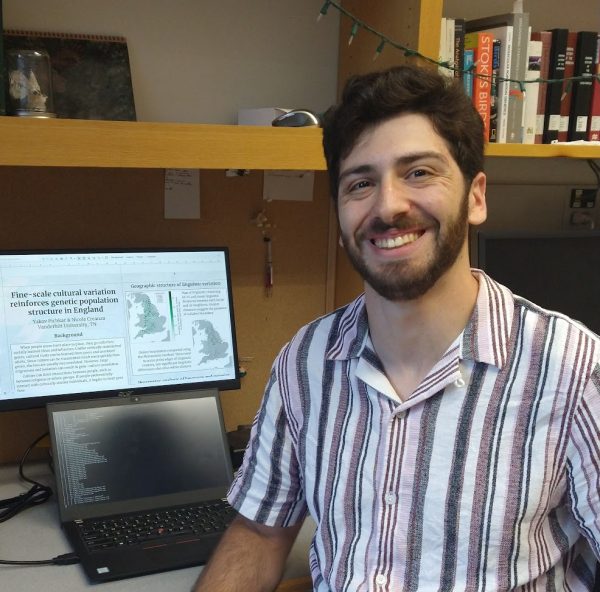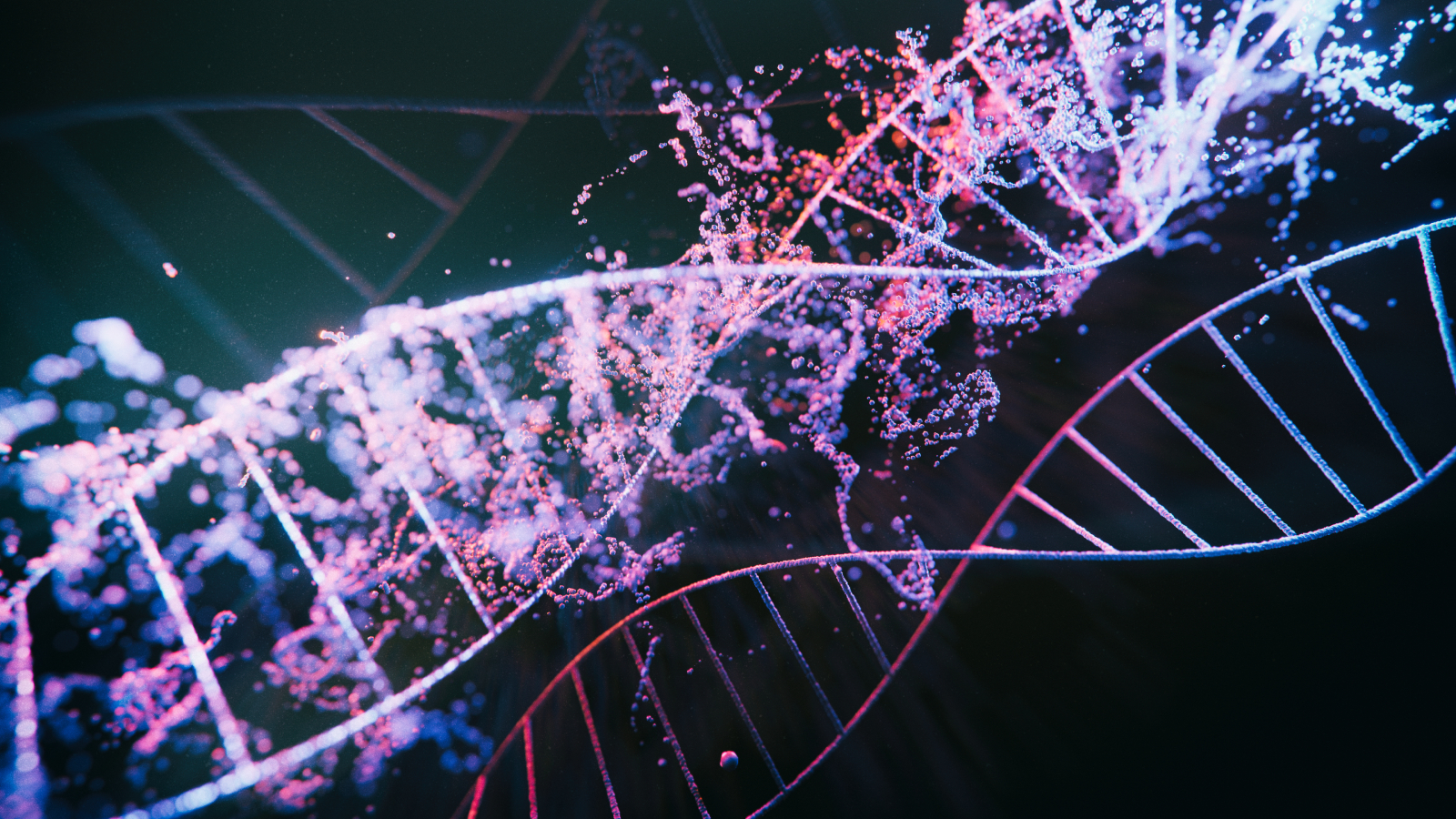Cultural traits play a significant role in shaping human societies, influencing behaviors and, even, according to a new study from Vanderbilt University evolutionary biologists, contributing to genetic diversity. Published in the American Journal of Biological Anthropology on June 28, a recent study conducted by Nicole Creanza, assistant professor of biological sciences, and Yakov Pichkar, a graduate student in the Creanza lab, sheds light on the intricate interplay between culture and genetics, highlighting the influence of learned behaviors on genetic structure.

The researchers, who are affiliated with the Evolutionary Studies Initiative, addressed how cultural differences—specifically dialects—can shape genetic variation within a population. The researchers examined high-density linguistic and genetic data from England, focusing on whether the boundaries of dialects aligned with genetic clusters. By analyzing the distribution of linguistic and genetic markers, the study uncovered that subtle cultural differences affected the movement and mating preferences of individuals, ultimately leading to genetic differentiation.

“Our study revealed that dialect boundaries in England corresponded to genetic clusters, indicating that cultural factors influenced how individuals migrated, interacted and formed families over the course of centuries,” Pichkar said.
“Notably, these effects were observed within a population that has relatively little genetic variation, emphasizing the impact of culturally transmitted differences even within what is often considered a single population,” Creanza said. “This discovery expands our understanding of gene-culture co-variation, highlighting the role of culture in shaping gene flow within populations.”
This work offers explanations for how past populations might have diverged without any physical separation, and the findings lay the groundwork for future investigations into the intricate relationship of cultural practices, genetic diversity and population dynamics. Beyond a more comprehensive understanding of human history, the work enhances our understanding of the interplay between culture and genetics to promote greater appreciation of diverse cultural traditions.
Creanza and her team are expanding their inquiry to investigate the global distribution of genetic variation and languages to explore whether language is more likely to be transmitted from one parent. By examining whether a person’s “mother tongue” tends to be passed down through the mother or the father, the researchers aim to identify connections between language and genetic diversity.
The research was funded by the John Templeton Foundation and the Vanderbilt University Evolutionary Studies Institute.
